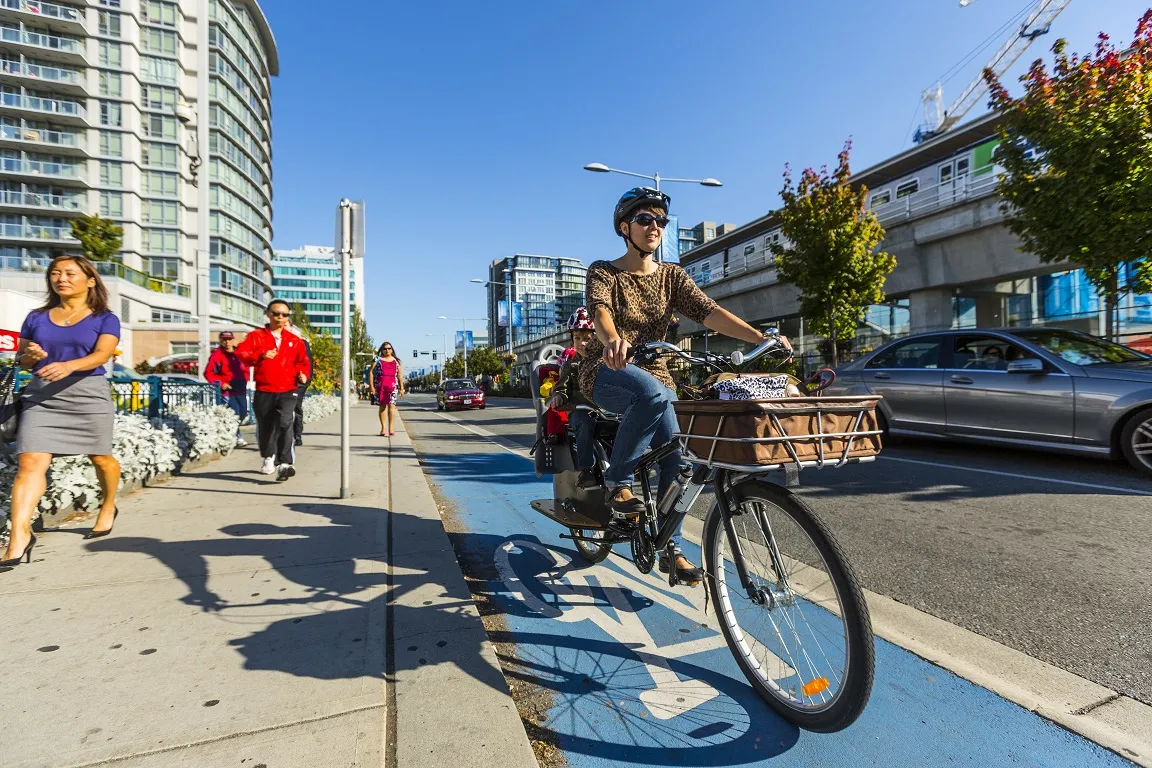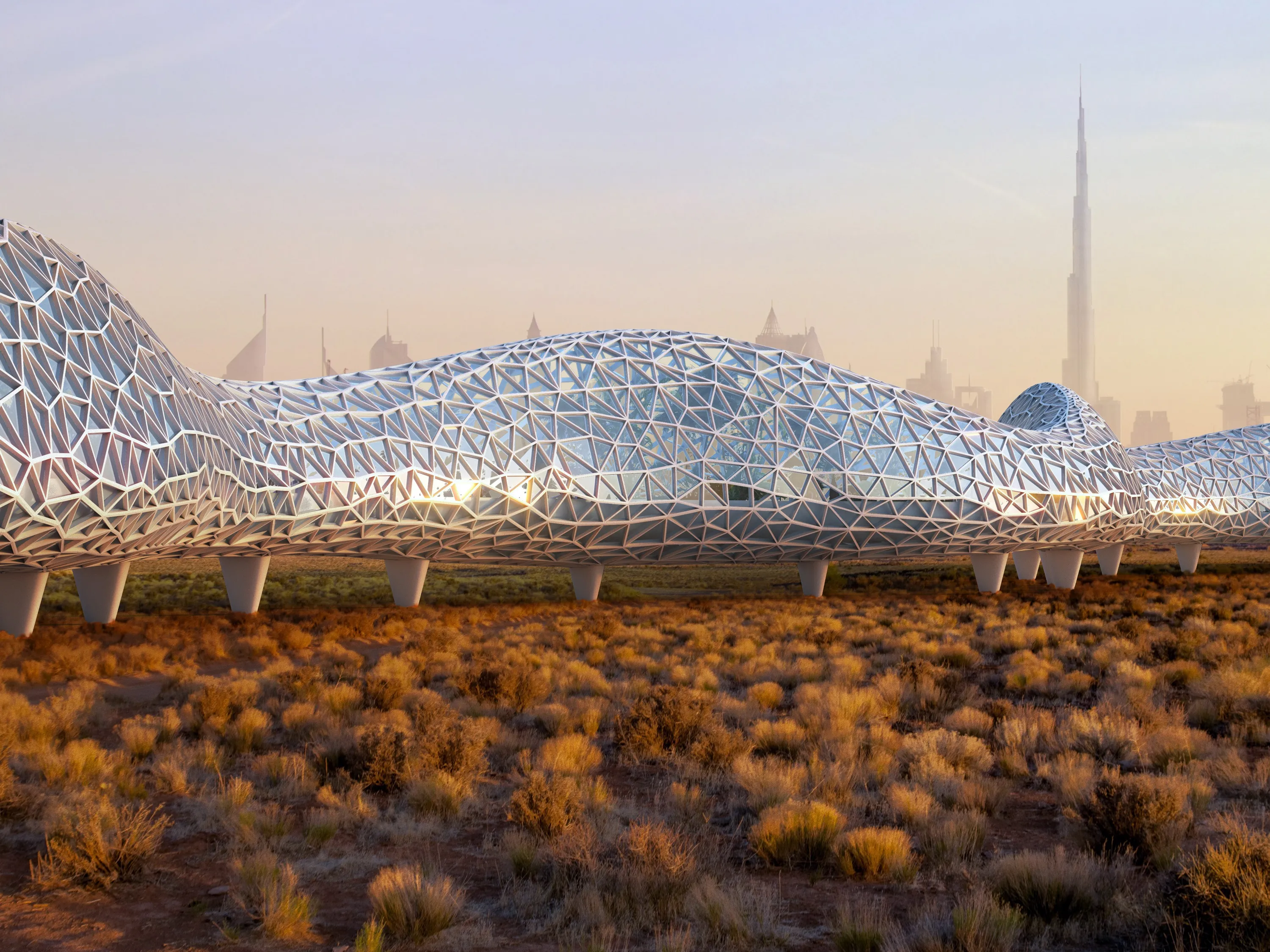
Vancouver's transportation agency TransLink is investing in cycle paths, sidewalks and street safety as part of a $130m investment in local infrastructure.
More than 100 new or improved greenways, cycling paths, walkways, multi-use paths, intersections or roads will be delivered this year through the Municipal Funding Program throughout Metro Vancouver.
Significant investment will go into 107 projects as well as maintenance of the major road network (MRN).
This includes $36m on 69 projects for walking, cycling and multi-use paths; $33m on 38 roads, structures, and bus speed upgrade projects; and $61 million on the MRN.
TransLink has recently spent $250,000 towards a new traffic separated cycling and walking path in Richmond along No. 6 Road; $80,000 into upgrading the Westview Drive/West 21 Street intersection in North Vancouver with new streetlights, crosswalk flashers, and traffic signals; and $387,500 towards improving safety along Nordel Way south of the 84th Avenue Overpass. This included a new concrete barrier with reflective strips, improved drainage, roadside barrier extensions and lighting upgrades.
“TransLink is committed to ensuring transportation throughout the region is as convenient and seamless as possible, regardless of how you primarily travel," explains Kevin Quinn, CEO of TransLink.
"Investing in cycling paths, walkways, and bus speed upgrades is just one of the ways we help to combat climate change by encouraging green transportation throughout Metro Vancouver.”
George Heyman, minister of environment and climate change strategy, says: "Building well-connected, accessible and safe active transportation and transit infrastructure is an important part of our CleanBC plan to lower emissions, improve communities and reduce congestion. These investments will give people in Metro Vancouver more choices to get around their communities using clean and healthy transportation options.”
“Walkable, bikeable and accessible communities that are well-connected by public transit help provide people and families with more choices for how they travel in their day-to-day lives," concludes Bowinn Ma, minister of state for infrastructure.
"These investments improve quality of life and deliver a more livable region for everyone.”








